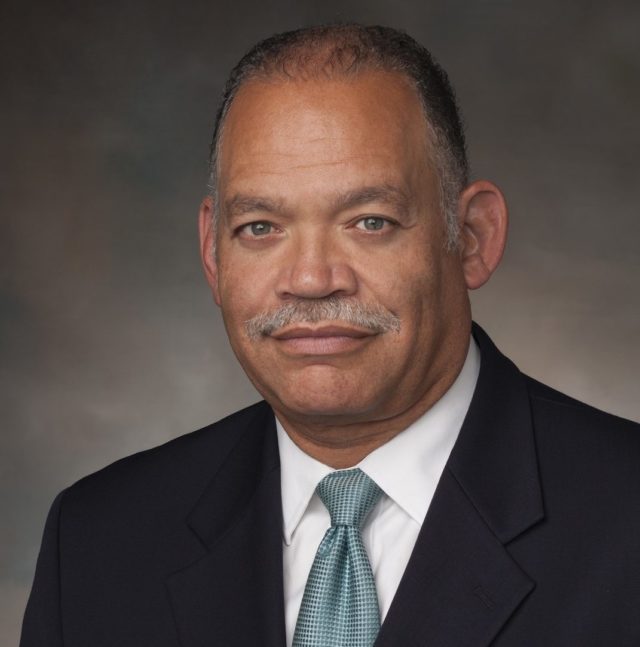In the wake of the massive protests that are taking place in the streets of cities across the United States this past week over the death of an unarmed black man in police custody. Dr. Jack E. Daniels, III, president of Madison College, has shared a letter denouncing systemic racism and sharing proactive strategies for the future.
“It is appalling to me that we’ve been down this road so many times, and yet, evidence of true sustainable progress escapes us,” Daniels says in the letter. “And, if it is not an action of law enforcement creating mayhem, it is a system that refuses to understand the experiences, fate and culture of those who have been disenfranchised and have gone unrecognized for who they are for decades.”
Daniels says that while he does not favor violence against property and person, he fully understands why the protests are occurring. “Silence is consent,” Daniels writes.
Read the letter in its entirety below:
Dear Madison College community,
This last week I have experienced a range of emotions related not only to another unjust African American male death, but to the insidious racism that permeates throughout our society. That racism is found in every sector of our society. Though I do not favor violence against property and person, I fully understand why the protests are occurring. I have seen what racist and unjust actions have resulted in many times before:
Watts, 1965.
Newark, 1967.
Detroit, 1967.
Chicago and many more cities, 1968.
Miami, 1980.
Los Angeles, 1992.
Cincinnati, 2001.
Ferguson, 2014.
Baltimore, 2015.
Charlotte, 2016.
I’ve witnessed how communities and businesses were never rebuilt. And, after having personal experience walking the streets with National Guardsman on duty, always prepared to show my identification, I understand the level of frustration, anxiety, and yes, anger.
I pursued a career in education to make a difference in our communities. I chose the two-year community and technical college route because the critical mass of individuals needing facilitated learning was evident. The learning at community and technical colleges results in economic, social, and in some sense, political growth and well-being. I am committed that Madison College will continue to “do the hard work” to improve that trajectory for each student we serve. It all starts with recognizing who our students are, what experiences they have, and appreciating the communities in which they live.
It is appalling to me that we’ve been down this road so many times, and yet, evidence of true sustainable progress escapes us. And, if it is not an action of law enforcement creating mayhem, it is a system that refuses to understand the experiences, fate and culture of those who have been disenfranchised and have gone unrecognized for who they are for decades.
This must end. No one can just stand by and say, “it doesn’t affect me.” Everyone is affected by the unjust death of George Floyd, whose breathing was compromised even after indicating, “I can’t breathe.” It affects you, even if you don’t think it does.
I am a leader in this community who is African American. I lead a college that not only provides education leading to a quality career and beyond, but its connections to the community are extensive. As the leader of Madison College, I can’t sit idly by and say nothing. A very smart woman (my wife, Kimila) has always said – silence is consent. Are we consenting to what occurred a week ago – much less consenting to everything else that has occurred prior and bound to be in the future? No. It’s time we speak up and act on issues of race if we are going to truly embrace equity and inclusion. It’s time for our white co-workers and neighbors to speak up about the injustices being placed on our people of color. It’s time we understand what it means to be an African American in today’s world.
We must put into action proactive strategies that are sustainable. Sustainable criminal justice reform is necessary and demanded. It’s incumbent upon us to reimagine what our law enforcement should be, rethink how our institutions can better prepare and support all students, create and follow through with strengthening local businesses, and elect folks who subscribe to integrity, fairness, inclusion and equity. The key is action.
I hope these courageous conversations on race, impacts on individuals, and creation of sustainable strategies happen in every sector of our communities – education, business and government. Engaging community stakeholders in creating and implementing these strategies will be necessary to effectuate change. I simply don’t want to walk over this path again … it will take all of us to commit to fairness and equity and respect for each other.
In solidarity,
Dr. Jack E. Daniels, III
President, Madison College


































